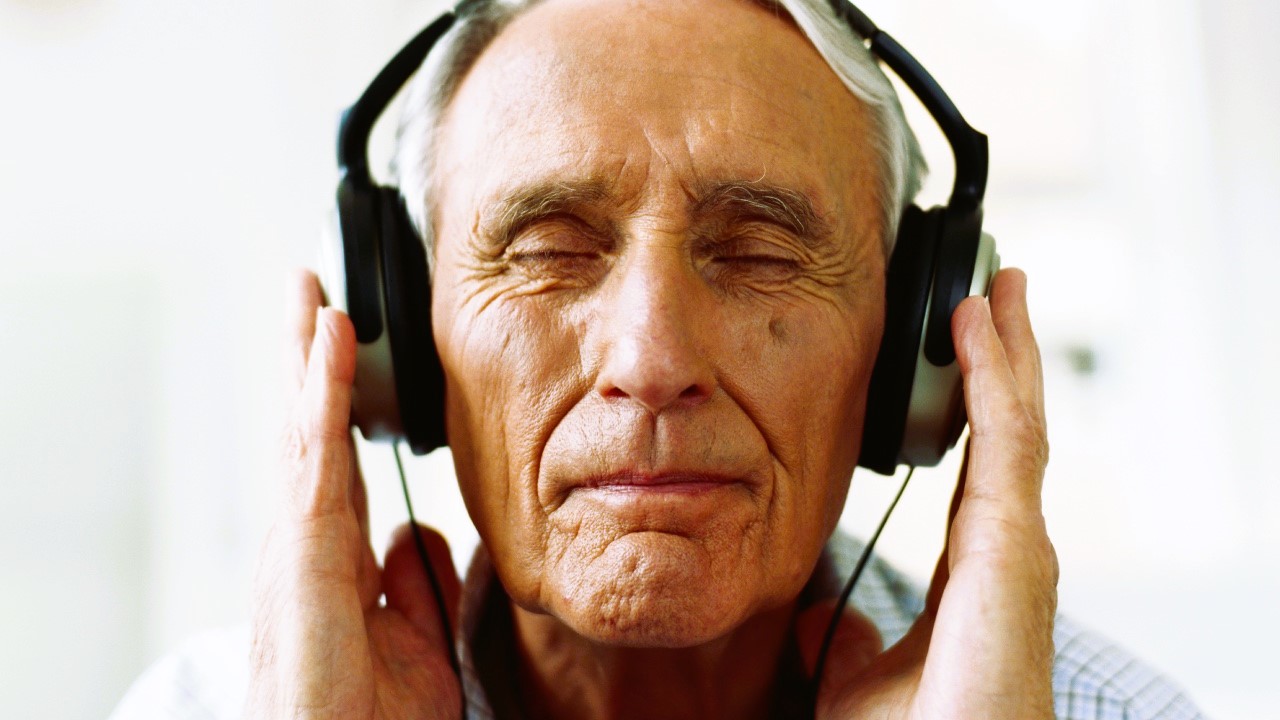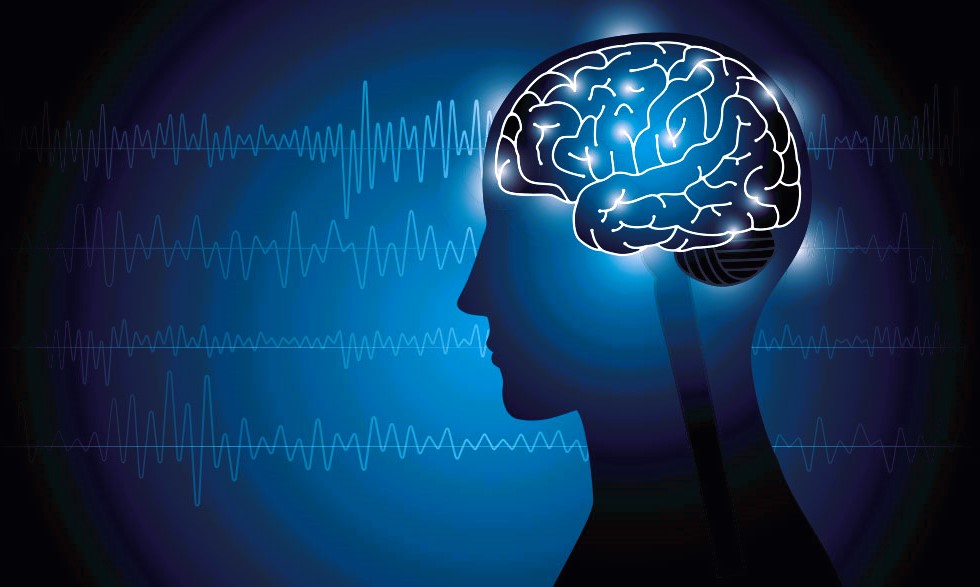
Music has a remarkable ability to evoke memories and emotions, transporting us back in time to moments and experiences from our past. Whether it’s a song that played at a significant life event, a melody associated with a cherished memory, or a piece of music that reminds us of a particular place or person, the connection between music and memory is undeniable. In this article, we’ll explore the fascinating phenomenon of music-evoked memories and the science behind why certain songs have the power to trigger such vivid recollections.
The Power of Musical Memory
Many of us have experienced the phenomenon of hearing a song and immediately being transported back to a specific moment in time. This ability of music to evoke memories is rooted in the way our brains process and store information. Studies have shown that listening to music activates multiple regions of the brain, including those associated with memory, emotion, and sensory perception. When we hear a familiar song, our brains retrieve associated memories and emotions, creating a powerful sense of nostalgia and connection.
Associative Memory

One of the key mechanisms behind music-evoked memories is associative memory, which refers to the phenomenon whereby two unrelated stimuli become linked in the mind. When we experience an event or emotion while listening to a particular song, our brains form an association between the music and the memory, making it more likely that hearing the song in the future will trigger recollections of that memory. This process can occur consciously or unconsciously, and the strength of the association can vary depending on factors such as emotional intensity and personal significance.
Emotional Resonance
Another factor that contributes to the power of music-evoked memories is emotional resonance. Music has the ability to evoke a wide range of emotions, from joy and nostalgia to sadness and longing. When we associate a particular song with a strong emotional experience, such as a significant life event or a period of intense emotion, the memory becomes more deeply ingrained in our minds, making it more likely to be triggered by the music in the future. This emotional resonance is a key component of why certain songs have such a profound impact on our memories and emotions.
The Role of Neurobiology
The connection between music and memory is not only psychological but also rooted in neurobiology. Research has shown that listening to music stimulates the release of neurotransmitters such as dopamine, which are involved in the brain’s reward and pleasure pathways. These neurotransmitters play a role in encoding and consolidating memories, making it more likely that music-associated memories will be retained over time. Additionally, music has been shown to activate the brain’s default mode network, which is involved in autobiographical memory retrieval and self-referential processing. An exploration of the relationship between sound and style, read more here.
Applications in Therapy and Rehabilitation

The profound impact of music on memory and emotion has led to its use in therapeutic settings, particularly in the treatment of neurological conditions such as dementia and Alzheimer’s disease. Music therapy techniques, including reminiscence therapy and personalized playlists, have been shown to improve mood, cognitive function, and quality of life in patients with memory disorders. By tapping into the power of music-evoked memories, therapists can help patients reconnect with their past and enhance their overall well-being.
Conclusion
In conclusion, the connection between music and memory is a complex and multifaceted phenomenon that has fascinated researchers and psychologists for decades. Whether it’s a song that reminds us of our childhood, a favorite album from our teenage years, or a piece of music that played at a significant life event, the memories associated with music have the power to transport us back in time and evoke powerful emotions. By understanding the mechanisms behind music-evoked memories and harnessing the therapeutic potential of music, we can continue to explore the profound impact of music on the human mind and spirit.
For more information on music and memory research, you can refer to the following sources:
- Wikipedia: Music and Memory



